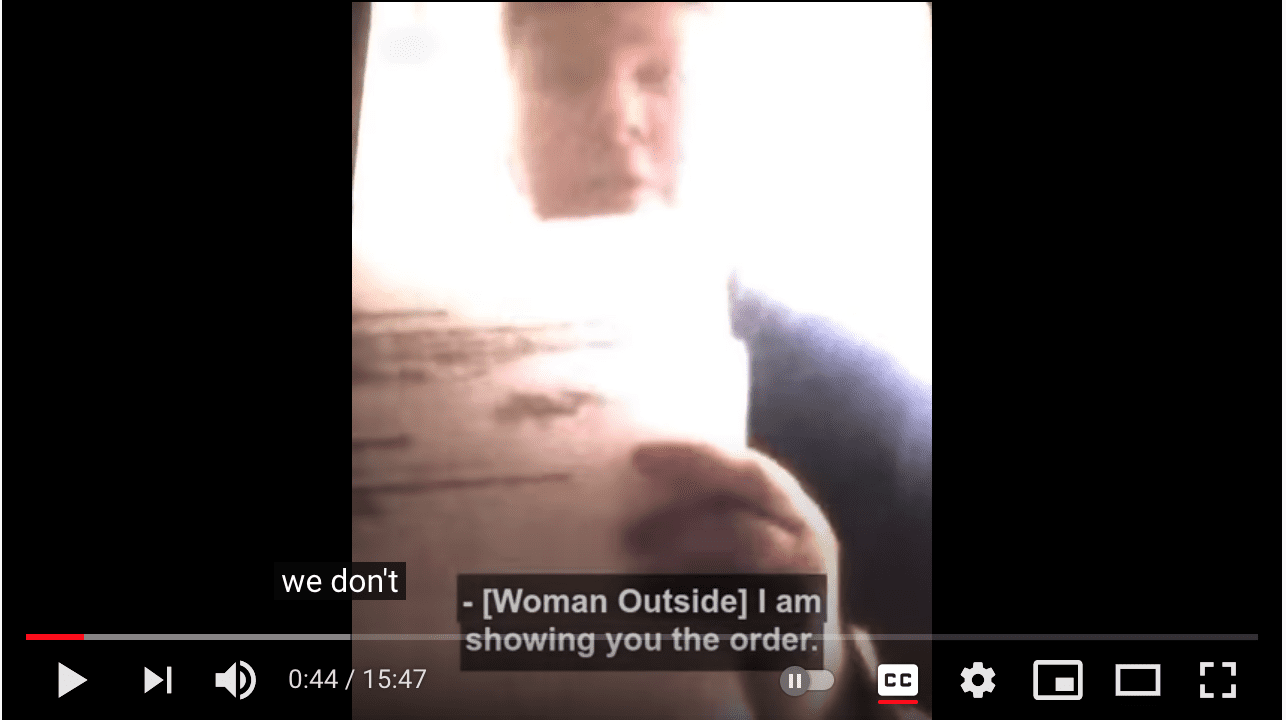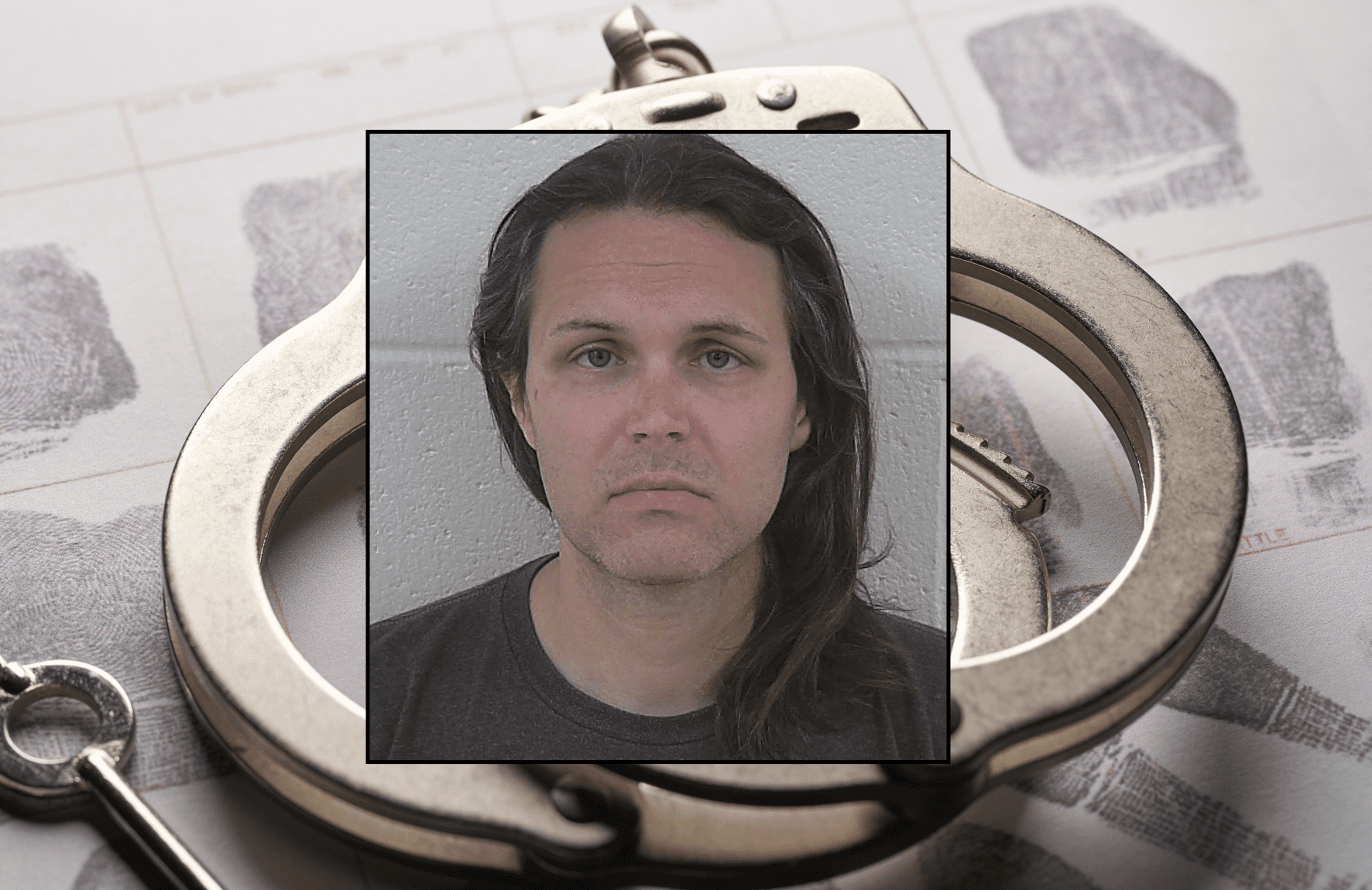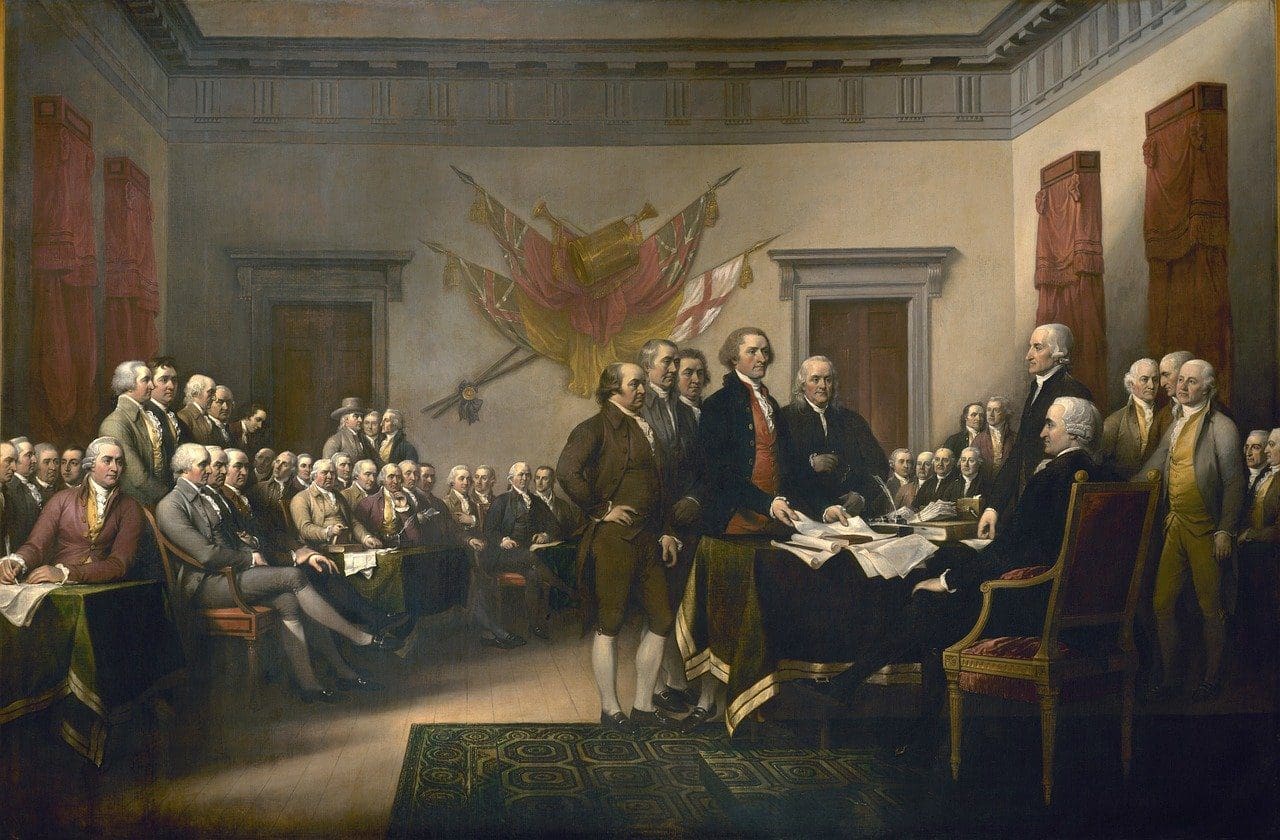A new law states families must be informed of their right to record CPS interviewing them, but it also requires that individuals’ faces in the recording are blurred and names are removed before being shared online. Experts disagree on whether there would be any penalty for not following the requirement. All that is certain is this: If CPS comes to you, get an attorney immediately.
State Rep. Ina Minjarez’ (D–San Antonio) House Bill 135, which will become law on September 1, requires Child Protective Services investigators to inform those they’re investigating—”orally and in writing”—of their right to record their interview. They must also notify those being investigated of their right to request an administrative review of the findings of the Department of Family and Protective Services.
This bill became controversial when the Texas Senate Health & Human Services Committee added language that would have fined parents for sharing these recordings online.
What made this punishment controversial is the fact that citizens became aware of CPS’ abuse of power when the Texas Home School Coalition shared a video online of CPS illegally taking Drake Pardo, who was 4 years old at the time, from his parents in 2019. That case helped spark a statewide backlash; this year, the Texas Legislature passed a number of reforms aimed at restraining CPS and empowering families.
Chris Branson, the Pardos’ attorney, spoke against the proposed fine.
State Sen. Borris Miles (D–Houston), who sponsored the bill in the Senate, removed the fine and amended the bill to read, “An audio or video recording of the department’s interview with an alleged perpetrator may not be posted on an Internet website in a manner that could identify a party involved in the interview.” State Sen. Bob Hall’s (R–Edgewood) office explained this means the faces of CPS agents and children must be blurred before the video can be shared online. Andrew Brown of Texas Public Policy Foundation says, “Be aware that if you’re going to post that video, you need to take the steps to de-identify the video and make sure that people’s faces and names are not made publicly available.”
Miles said TPPF and the Texas Home School Coalition were amenable to the new language at the time. Texas Scorecard asked Jeremy Newman of THSC and Brown about what penalties parents might face if they upload video footage without de-identifying.
“There would not actually be any type of a penalty for a family making a mistake,” Brown replied. “If it’s truly a mistake, I think the court would see that.”
He said it would be up to the courts to decide what the penalty should be, if any. “There are sufficient judicial safeguards and flexibilities for the court to make determinations and to take appropriate action, if and when it’s necessary,” Brown said. “We want families to know that they have the right to record. Those recordings hold the CPS investigators accountable. We saw that in the Pardo case.”
Newman has a different perspective and explained why THSC didn’t oppose Miles’ language. “The wording of the bill basically says you can’t post information in a way that identifies one of the parties to the interview,” he said. “If a parent does choose to post that, we have all of the criminal penalty language struck out of the bill, and there’s nothing you can do about the fact that it was posted.”
“That’s ultimately the only reason we decided to stand down on the point. … Because the rest of the bill is great,” Newman continued. “Once they had made that change, that section of the bill was meaningless.”
Texas Scorecard asked Branson about the new language and presented Newman’s and Brown’s positions.
“Andrew Brown has already spoken my mind,” Branson replied. “It’s up to the individual judge as to how to punish parents for this violation of law that will only be known in advance by SOME attorneys. If the judge hates the parents, which is often the case, he is free to impose his own harsh punishment, completely at his discretion.”
“And why have this in the family code to begin with? There are countless situations that arise in a family case that must be addressed but that are not specifically mentioned in the family code,” Branson continued. “A problem is identified, a motion is filed, the court makes a decision. If posting something is truly a problem, a motion and order can fix it. But prescribing this will give judges and prosecutors another ‘gotcha’ tool against parents. And their toolbox is already overflowing.”
As to how the fine and the new language from Miles came about, Brown thinks it occurred during a conversation in the Senate committee “around unforeseen consequences of potential retaliation against individual investigators, putting them in danger with having their personal information disclosed online or having even the family’s and children’s [personal information] disclosed online.”
Brown credited Miles and his staff for changing their mind about the fine. The compromise reached “was to blur and to remove identifying information, but to still allow the recordings to be posted and made public so that there can be public transparency in these investigations.”
“The message, though, that families need to know is you have the right to record. Texas is a one-party recording state, so you don’t even need consent from the other party to record. You can record secretly,” Brown emphasized. “If you have interaction with CPS, recording those interactions is probably a good idea. But also be aware that if you’re going to post that video, you need to take the steps to de-identify the video and make sure that people’s faces and names are not made publicly available.”
There are multiple perspectives on the risks parents may face if they do not take the steps to de-identify before uploading. So, while recording is encouraged, only one thing is certain. “If you have interaction with CPS, get an attorney, and don’t do anything without your attorney’s advice because you can inadvertently make things worse for [yourself],” Brown advised.





